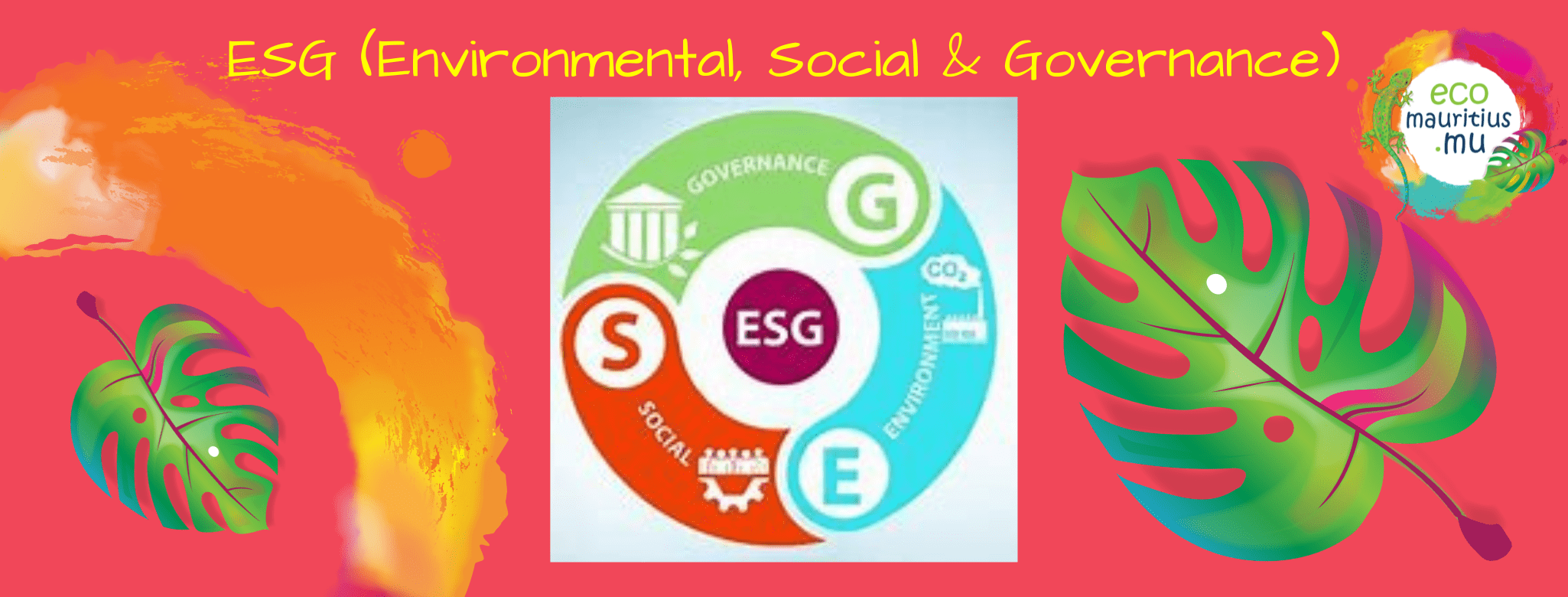
Waste management is the collecting, transporting, and disposing of waste from any source, be it private, public, or industrial. Today, more than ever, with the climate change, there is a need to observe sustainability in this segment and find ways to avoid threatening the environment more than it is already. It is essential for the health of the environment, of the people and for the sake of our planet.
Sustainable waste management aims at reducing the quantity of natural resources used and the recycling and upcycling of materials to get the less possible volume of waste. There are various types of wastes, such as household, commercial and demolition wastes, electronic waste, medical waste, and radioactive waste, among others, and there should be specific management systems for each of them. Of course, the authorities must put in place these systems, but it is our responsibility as individuals and institutions to maintain sustainability in this sector.
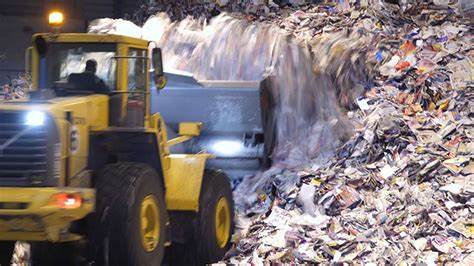
Besides being important for the environment, sustainable waste management also benefits to the economy and the society. Jobs are created, the methods are improved with time, and with the right processes and the will of people and organisations, there is less pressure on the environment to produce more as materials are reused, and less food wasted as people become aware of the importance of not over consuming.
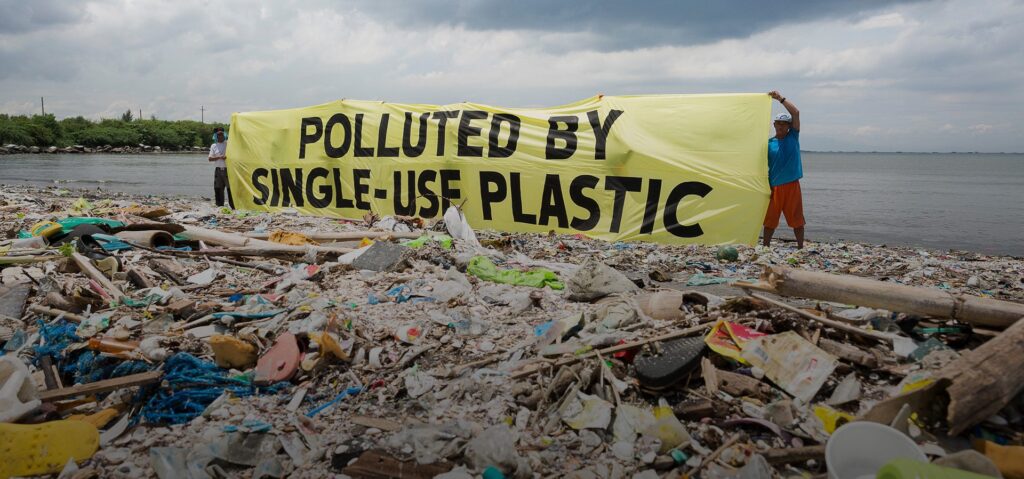
There are so many reasons to apply a sustainable waste management. Here are some of them:
– Space gained – if we were to dump every single piece of waste produced by humanity in landfills, there would not be any place for human to live, and the air would hardly be breathable… A major part of household wastes come from compostable garbage; this is so easy to take care of at our own level! It all starts in our backyard, or in a corner of the balcony… The soil and your plants will say “thank you”!
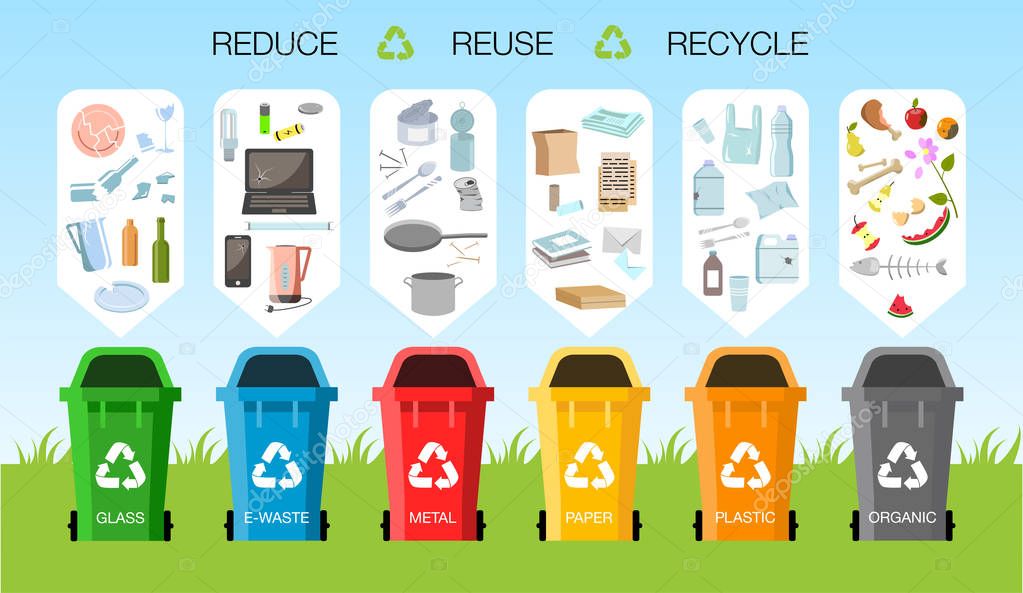
– Economic benefits – Recycling or upcycling materials prevent you from buying more new products, thus saving money. Less pressure on production process as well as on waste management. If you don’t reuse the materials yourself, they go to recycling companies. The raise in awareness will incite people to think twice before buying new items and be more responsible.
– Pollution – There are as many different sorts of wastes as ways to dispose of them. All of them will pollute, but some are more dangerous, or even lethal, for people and nature. Sustainable waste management is the solution to deal with each type of waste effectively. For example, paper waste will not be treated in the same way as pharmaceutical waste or nuclear waste. There needs to be very specific processes implemented for each. This is the responsibility of the specialised sectors to put in place the required structures and processes, and the authorities to control that all is up to standard and cause no hazard to the population and the environment.

– Environmental conservation – Humans are today battling to conserve the environment and find better ways to manage waste, but paradoxically, they themselves produce these wastes… Sustainable waste management is essential to environmental conservation. While applying an effective waste management, the use of resources including trees, metals and water is reduced, diminishing greenhouse gas emissions that contribute to global warming,
– More responsible citizens – Once we understand the critical need for reducing our wastes, we will become more responsible citizens. This will make us think about ways to improve the existing processes and find new alternatives to dumping everything in landfills.

Some solutions for sustainable waste management:
– Go paperless as far as possible
– Incinerate waste – when and where authorised, it usually applies to organisations that have all the required and safe structures in place. In some countries, incineration plants produce electricity. The drawback is air pollution.
– Donate – donate what you don’t use anymore. Your trash can be a treasure for someone else!
– Reduce, reuse, recycle – Save energy and money, keep materials out of landfills, and provide used materials for new objects.
– Compost your food waste – At home and at work.
– Optimize waste collection – If your municipal council does not do waste sorting, in most places you will find recycling collection points.
– Awareness and transmission – It is our responsibility to manage our wastes, but we can go beyond and transmit and help others to understand the need for sustainable waste management, and share the ways to put it into practice.
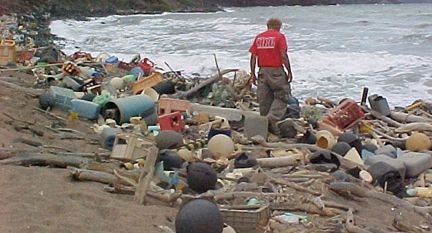
Sources:
www.conserve-energy-future.com
www.solarimpulse.com


